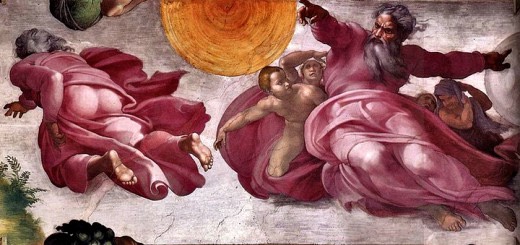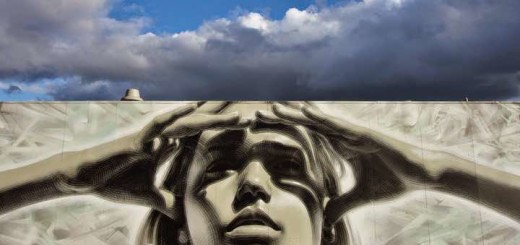When the Messiah breaks the boundaries of 'us and them' (Luke 4,14-30)
Text by Father James Martin SJ*, published on Outreach (United States), a resource site for LGBT,+ Catholics, on 25 January 2025. Freely translated by the volunteers of the Gionata Project.
In today's Gospel, in a story present in all the Synoptic Gospels, Jesus is found in the synagogue of Nazareth, in front of those who know him because he was originally from there, and reveals his true identity. In essence, he claims to be the fulfillment of all prophecies, but to be the Messiah.
We read the beginning of the story, in which Jesus lays out what New Testament scholars call a “programmatic” statement or a general summary of his future ministry. Jesus will be a prophetic Messiah and describes in this passage what Luke Timothy Johnson, in his commentary Sacred Page, defines as the "character" of his ministry: announcing the good news to the poor, the blind, the prisoners and the oppressed.
So far, everything seems well, we might think. But in the next part of the story emerges the reaction of the crowd to the words of Jesus. At the beginning, says Luke, the inhabitants of Nazareth praised the "words of grace that came out of the mouth" of Jesus. However, Jesus warned them from thinking that he would have accomplished the miracles that had heard of elsewhere, in particular in Capernao. In addition, he reminds them of Elia's episode, who during a long drought helped not a Jewish woman, but a widow of Sarepta, outside the territory of Israel. And, to further emphasize the concept, Jesus quotes the prophet Eliseo, who healed not a Jewish man, but Naaman, a Siro, a Gentile.
In the past, I thought that the people of his city was simply annoyed by his arrogance. Maybe it's like that. After all, in the synoptical stories, everyone report a variant of: "Isn't the carpenter?" Or "Isn't the son of the carpenter's son?" In other words: "Who do you think you are?" This step is often used to underline how we can sometimes ignore the divine even when it is right in front of us.
In recent years, I have interpreted this story as a sign of Jesus' availability not to be loved, accepted or approved. While intuating that the Nazareths would reject him - after all, he lived with them for about thirty years and knew the reactions well - says what he had to say. It is an invitation for all of us to free us from the need for approval.
Lately, however, I have understood this story differently. Note what Jesus of his imminent liberation ministry says. Who will be freed? The poor, the prisoners, the blind, the oppressed. In the refusal of the crowd, therefore, not only the question is perceived: "He?" But also: "They?" As if that were not enough, Jesus says that his mission is not only for the Jewish people, but for everyone.
"The visit and salvation of God were intended for the poor and oppressed of all nations ... and this arouses the wrath of the neighbors," writes Johnson. In other words, the Messiah came, but not only for them.
The true leader, as Jesus proves continuously, does not only worry about "us", but also of those who are considered as "them". That is to say, all those who are seen as "others", "different", "strange", "foreigners" or even "unworthy". Today, this means transgender people, migrants and refugees, detainees in the arms of death and so on. Above all, it means the poor.
Each of us has our own list of who is "one of us" and who is "one of theirs". The true leader, however, not only includes "them" but supports them. He sides with them. He defends them from persecution. Jesus' first words to his friends in Nazareth are not about how he will comfort them, but about how his ministry will be for everyone. This arouses their ire. He still does it today. But it doesn't matter: Jesus goes forward. And so we must do too.
*Father James Martin SJ is an American Jesuit and writer, known for his books and reflections on faith and dialogue between the Church and LGBTQ+ people.
Original text: A true leader helps the poor and marginalized






